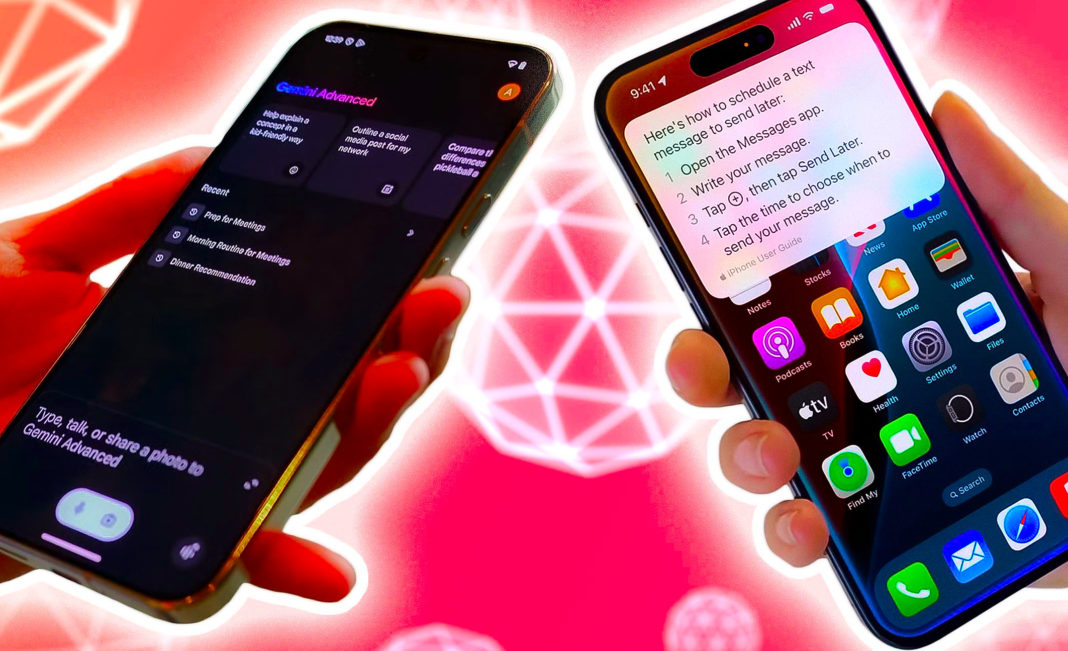The Silent Rise of AI Music on Spotify: No Playlist is Safe
The role of artificial intelligence is a subject of ongoing debate: is it a revolutionary force or merely a tool for increased efficiency? Both perspectives hold some truth, as AI’s influence spans numerous sectors and technical processes. However, the question of how much AI is excessive remains a significant concern, one that may not have an answer until its consequences are fully realized.
AI adoption is met with varying degrees of enthusiasm and skepticism. While some embrace its potential, others harbor reservations, often fueled by fictional portrayals of sentient robots. Yet, fundamental tools like ChatGPT, Microsoft Copilot, and Google Gemini offer considerable time-saving advantages for research or everyday tasks. Although these large language models and chatbots represent the most visible examples of AI, they are not the only applications in existence.
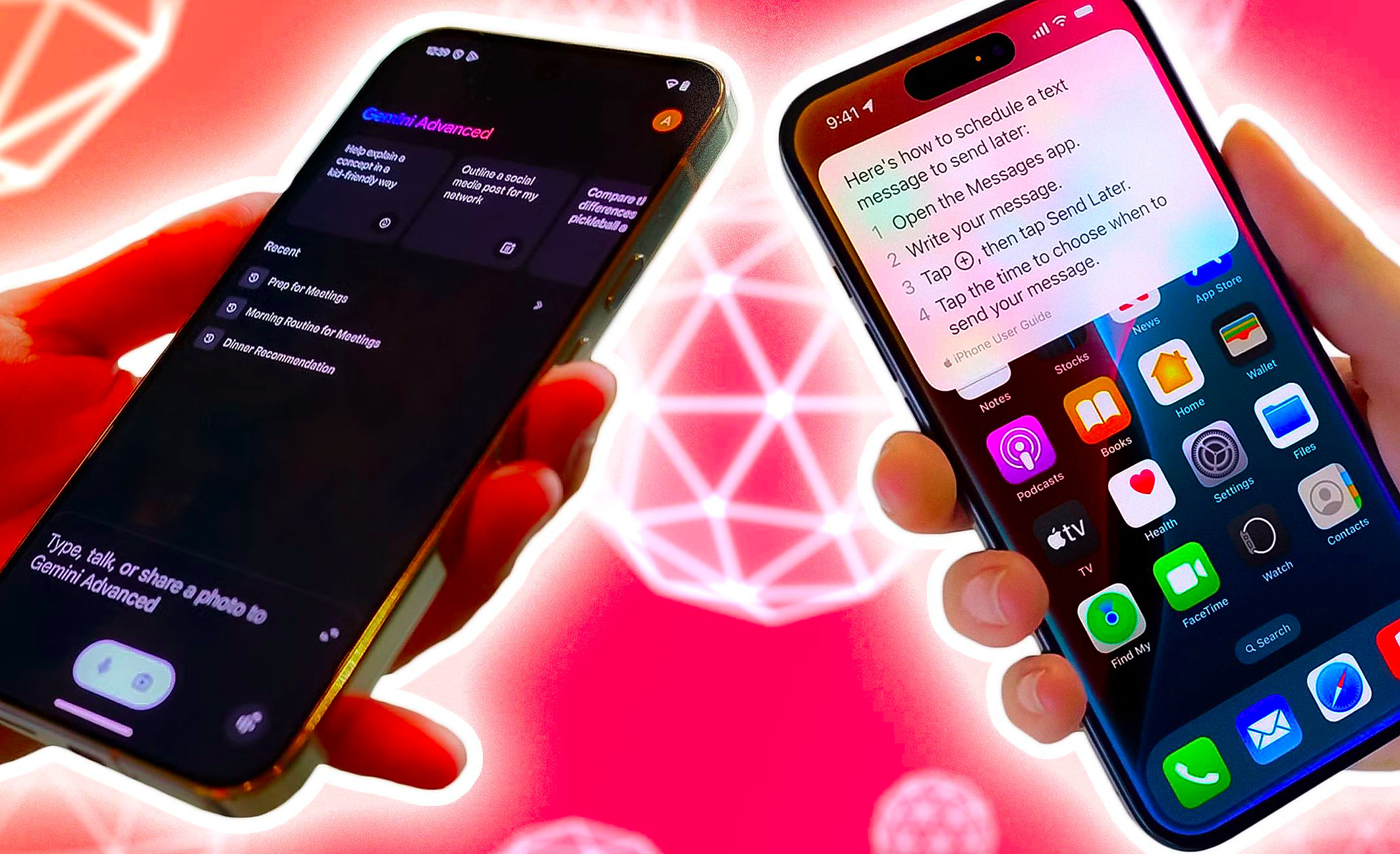
This leads us back to the question of AI’s prevalence. For The Velvet Sundown, a Spotify artist boasting over 1.1 million monthly listeners, AI is their entire existence. This ostensibly successful band is, in fact, an AI-generated music project, a fact revealed only recently. This raises questions about the future of the music industry and Spotify’s role within it.

How was this deception uncovered? The music’s style and song titles offered clues.
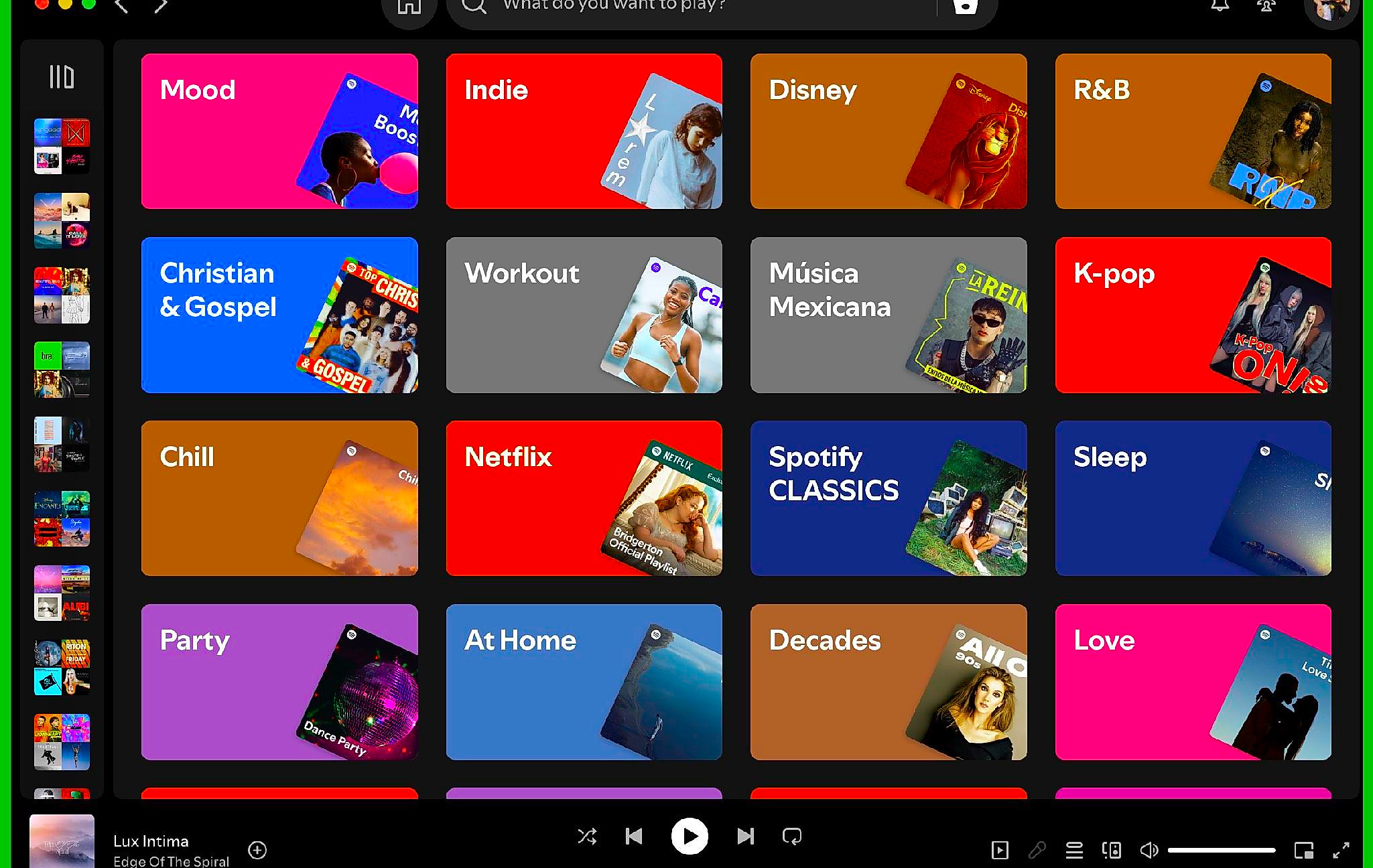
The Velvet Sundown released their debut album on June 5th of this year; popularity on Spotify quickly followed. The music evoked a 1960s classic rock aesthetic, frequently emphasizing guitar and vocals that felt somewhat detached from their lyrical content. Song titles such as “Dust on the Wind,” “The Wind Still Knows Our Name,” “Back Home Never Came,” and “Smoke and Silence” added to an overall sense of ambiguity. The album title, “Floating on Echoes,” further contributed to this artistic vagueness.
As the band’s popularity increased, listeners began to notice the striking similarity between many of the songs. This similarity suggested a process akin to typing a prompt into a chatbot such as: “write me an album with a classic rock sound reminiscent of 1960s bands.” Further suspicions arose from the band’s imagery and name itself, hinting at something unusual. These suspicions proved correct: rumors of AI-generated music were confirmed.
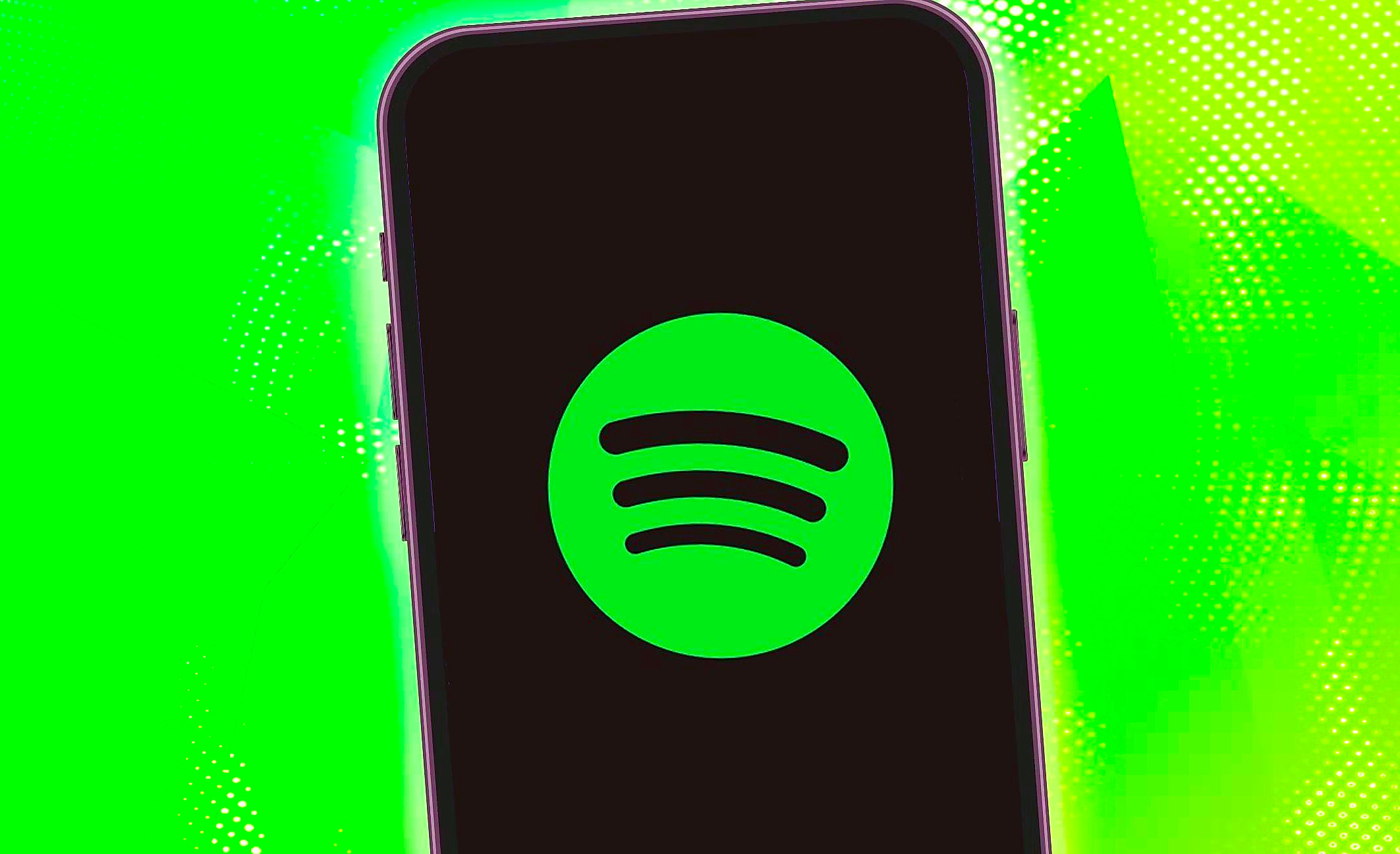
The ethical implications of releasing AI-generated music are complex; computer-generated music is, in essence, still music. However, presenting it as the work of a real band raises concerns. It is comparable to plagiarism, where one claims credit for work not their own. The Velvet Sundown simply released music, created a band name, generated images resembling an indie rock band and announced their presence. Its morality is debatable, but its legality is undisputed. The question of whether Spotify should have granted them a verified artist badge remains.
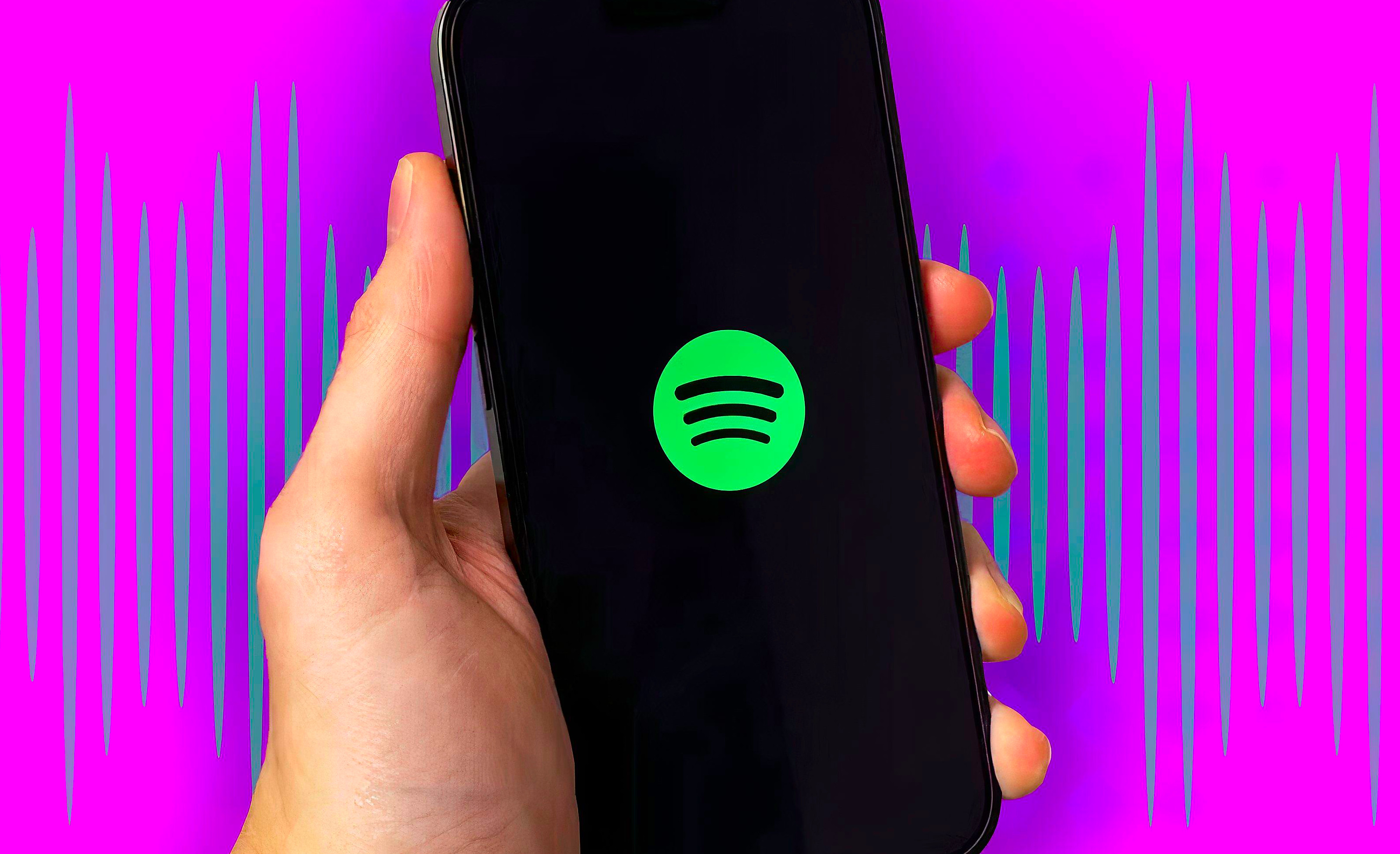
The band’s Spotify biography was eventually altered to acknowledge the use of AI. While the deception was exposed – the music wasn’t authentically human-created and performed by a non-existent group – the significance of this revelation is open to debate.

Spotify must implement changes to safeguard artists. It shouldn’t be the fans’ responsibility to determine whether a band is AI-generated. Spotify’s Verified Artist label requires an adjustment; a clear indication that the music is computer-generated is necessary. This would differentiate it from music created by human artists.
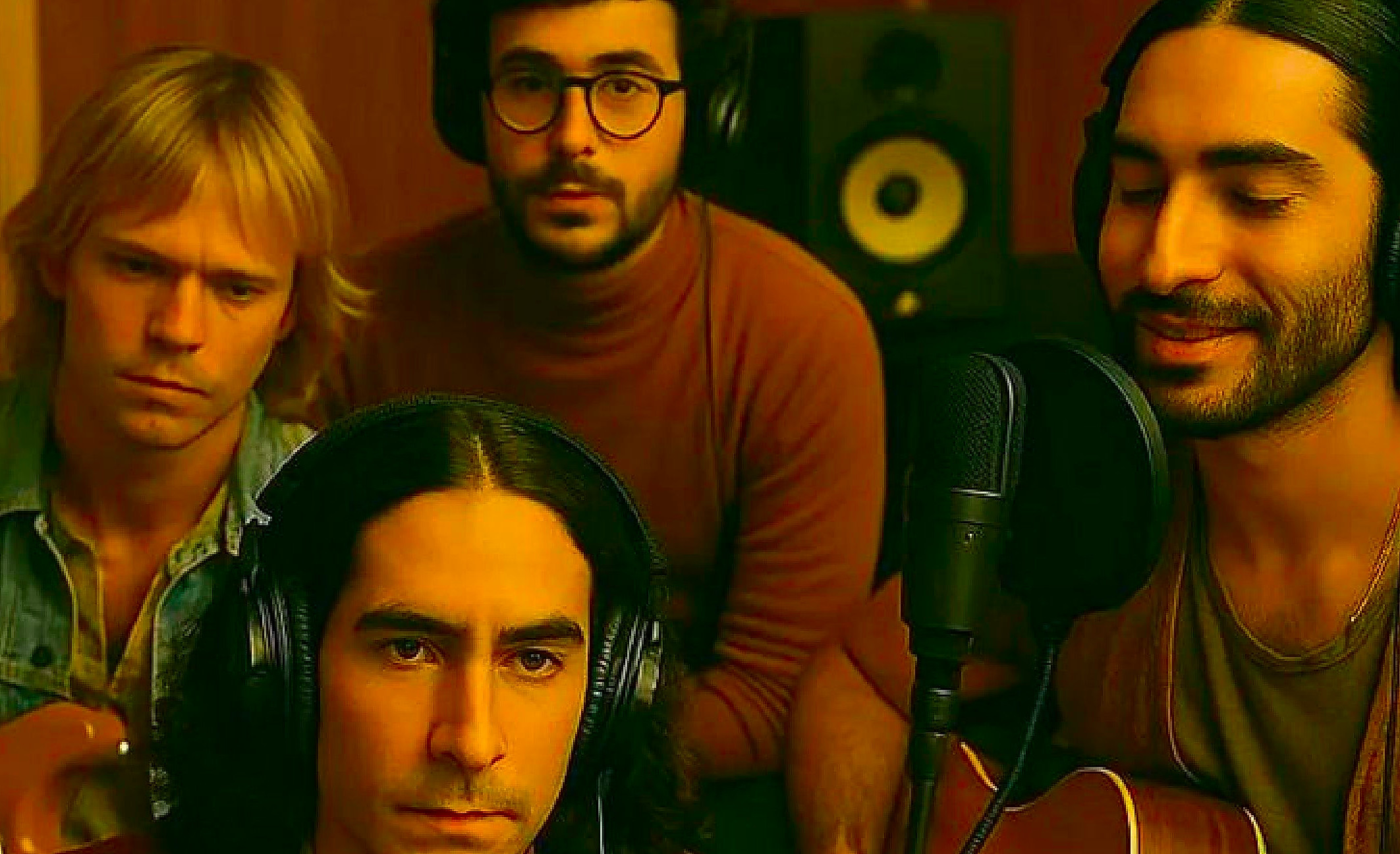
Is the AI origin of the music a major concern? Ultimately, no. However, presenting it as a genuine band is problematic. The public exposure of this deception is the most significant issue. Music is music, yet the broader artist community should be concerned with Spotify’s handling of this matter. It’s plausible that Spotify was unaware of the AI’s involvement initially. Now that the truth is revealed, the verification label needs modification.
This practice is likely not unique, and many others might be doing it; this mirrors the past controversy surrounding music sampling. What requires adjustment is the established practice and standard because this type of music creation will only increase. Your personal opinion on The Velvet Sundown’s music is subjective; this instance, however, represents just the beginning of AI’s transformation of the music industry.
